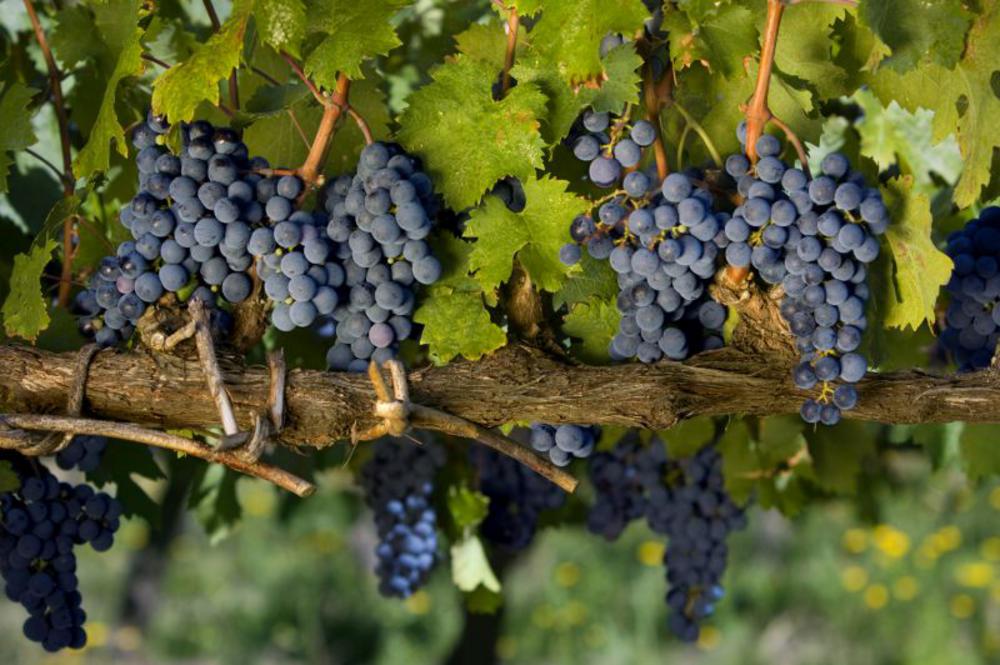
What is an organic wine?
Organic agriculture means growing produce without using synthetic herbicides, pesticides, fungicides or chemical fertilisers. Instead growers use crop rotation and natural pesticides such as bone meal to sustainably grow grapes.
Growing organically means that the synthetic nasties don’t enter the food chain, many people maintain this dramatically improves the taste and quality of the wine. Others are simply committed to organic for ethical and environmental reasons.
Organic wine that is certified “wine made from organic grapes” means that the grapes come from a certified organic vineyard. Some vineyards choose not to get organic certification but maintain organic standards. These wines may be labelled sustainably sourced, or grown in organic conditions, but will NOT be labelled organic unless they have the appropriate certification.
Organic wines
-
Carry a much lower carbon footprint (according to a 2009 study in the New Scientist)
-
May contain significantly higher levels of resveratrol (a polyphenol providing antioxidant benefits)
-
Have low sulphur levels, which may help reduce headaches ‘the morning after’ and also helps to reduce allergic reactions
What are biodynamic wines?
Biodynamic is an organic holistic approach, pioneered by Rudolf Steiner. Wine produced to these standards will have a Demeter Organic label, certifying that the vineyard adheres to international Demeter standards.
The most important prerequisite for conversion to Demeter farming is an active interest in the laws of nature and the will to work with them creatively in their daily activities. It includes the interaction of the sun, moon and stars (for example - lunar planting), biodynamic preparations being used in manure and composting and expending considerable time and effort into improving soil fertility.
It can sound a little wacky to people, but it does result in authentic, individual wines made by the antithesis of intensive, chemical based farming.
What are vegetarian wines?
In winemaking, once the grapes have fermented, clarification needs to take place (also called fining). This is the removing of the sediment. It will naturally clarify over time, but waiting many months is often not an option for winemakers so they drop a fining agent through the wine. Often the fining agent is animal gelatine or a fish based product, making the finished wine unsuitable for vegetarians. When a vegetarian fining agent (usually egg white or a milk based product) is used, the wine is suitable for vegetarians.
What are vegan wines?
When the winemaker waits for the sediment to naturally clarify, the wine is vegan. Winemakers also use a fining agent called Bentonite (an inert clay) which is also suitable for vegans.
What are low-sulphur and no added sulphur wines?
Sulphites occur naturally in wine. When the wine contains over 10 ppm (parts per million) the wine ought to be labelled ‘contains sulphites’. However, sulphur dioxide is also added to wine to kill off unwanted bacteria and mould (antiseptic activity) and to inhibit oxygen spoiling the wine (antioxidant activity).
Some people are sensitive to sulphur (please follow this link for information on sulphite sensitivities) and it has been linked to an increase in allergic responses including asthma attacks and headaches.
Certified organic and Demeter wines have lower levels of sulphur compared to many conventional wines. Due to new techniques and better hygiene it is now possible to make No Added Sulphur wines, whilst still rare they’re growing in popularity, partly from people avoiding allergens but also increasingly from folk who simply love the taste!
Click here to take a look at the full range of wines available to buy from Real Foods.